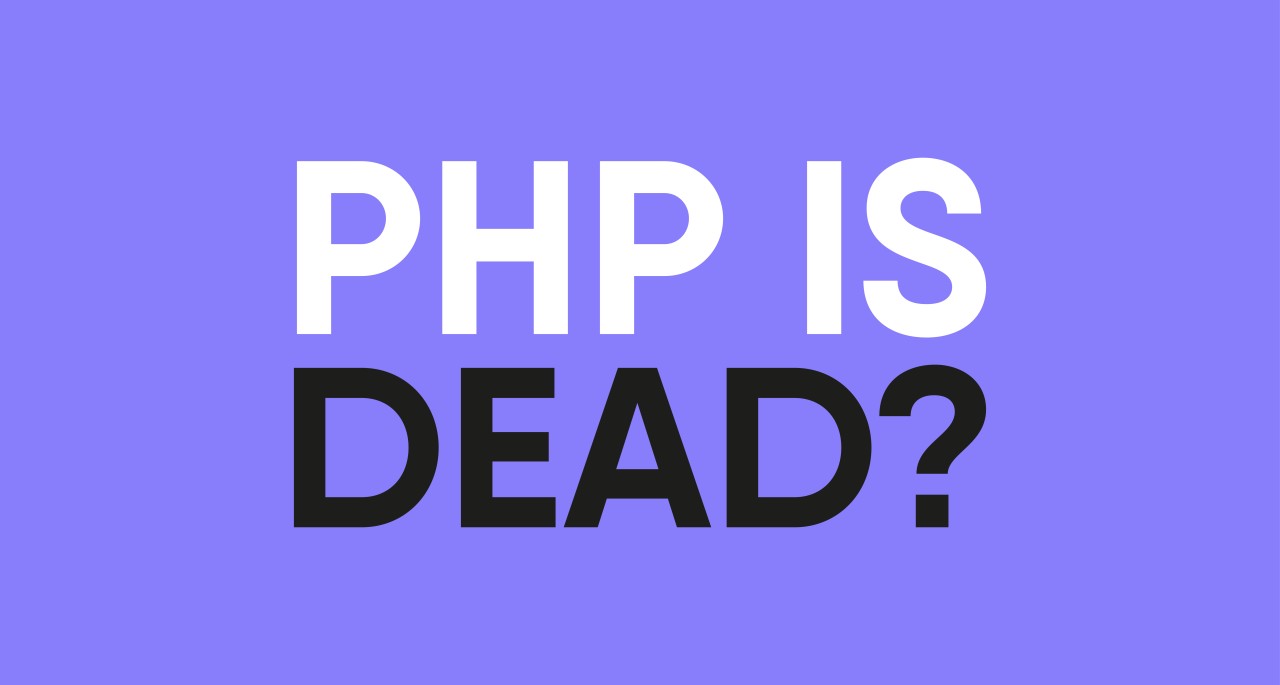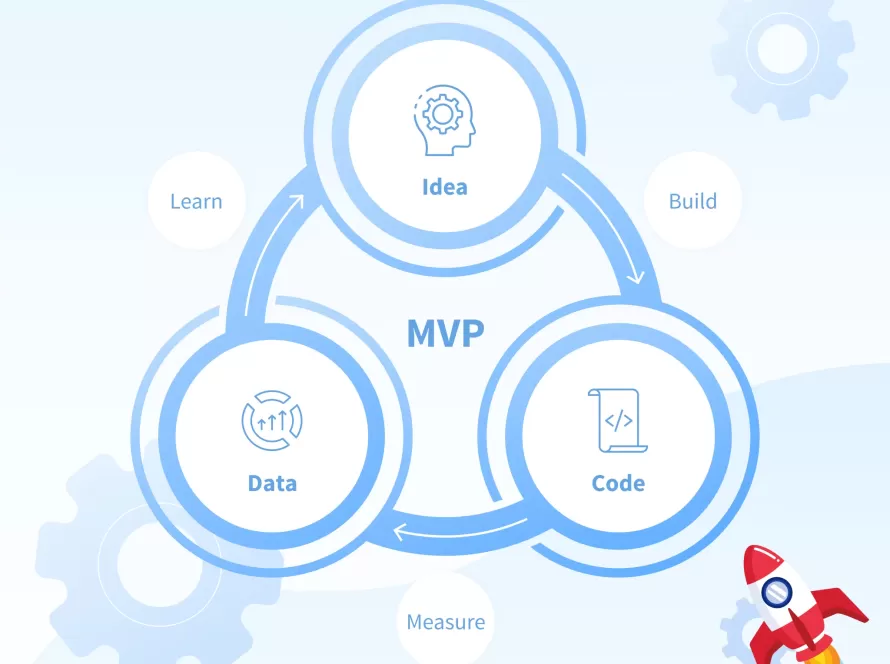PHP is dead.
No, PHP is not dead.
Despite criticism following the rise of Node.js and Python, PHP remains dominant in web development. Here’s why:
1. Massive Market Share:
PHP powers a substantial portion of the web. Many popular CMS platforms like WordPress, Drupal, and Joomla! are built on PHP.
2. Continuous Improvement:
PHP has evolved significantly over the years. Modern versions offer:
- Robust features
- Improved performance
- Better security, addressing many of its earlier criticisms
3. Strong Community:
A large and active community supports PHP, providing extensive resources, libraries, and frameworks.
4. Performance Enhancements:
PHP has undergone significant performance optimizations, making it suitable for various applications.
5. Integration with Modern Technologies:
PHP integrates well with modern technologies such as GraphQL, RESTful APIs, and microservices architectures. This flexibility ensures PHP remains relevant in contemporary development environments.
6. Support for Modern Development Practices:
PHP frameworks like Laravel and Symfony embrace modern development practices including dependency injection, object-relational mapping (ORM), and MVC architecture, enhancing developer productivity and code quality.
A few global tech giants have PHP as part of their tech stack in 2024:
- Etsy
- Lyft
- WordPress
- Slack
- Tumblr
While PHP might not be the first choice for every new project, it remains a viable and widely used language, especially for web applications that prioritize speed of development and time-to-market.





